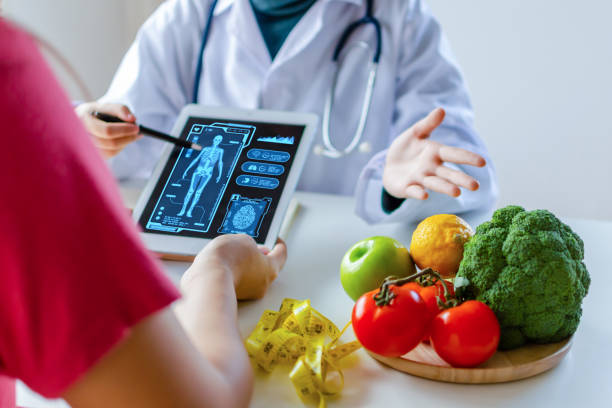DNANudge wants to make genetically informed eating more accessible through their wearable device. The wristband, along with the accompanying app, was released at CES 2020. Users can now shop for their DNA. The DNABand analyzes a cheek swab to identify food products that are best for the individual’s genetic makeup.
Luxury matchmaking services are also using genetic science. Gene Partner Japan, a Tokyo-based company, uses DNA samples to determine a person’s HLA genes. The theory goes that the greater the differences between the HLA profiles of two people, the more attractive they will find each other. Gene Future, a rival Tokyo company, offers a similar service at a lower price to potential couples. GeneMate in Singapore launched in June 2019 and allows customers to search for their perfect life partner by using biodata. The firm also uses its algorithm. Both Japan and Singapore are providing government funding to companies that offer DNA-matching services in order to combat the declining birth rate.


